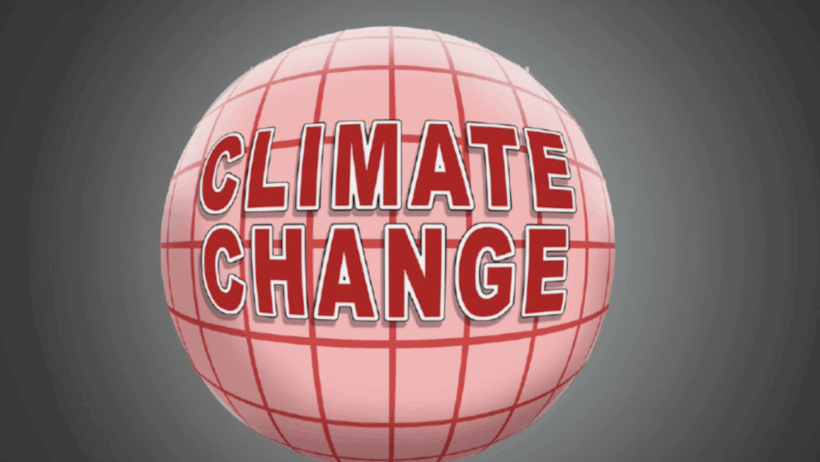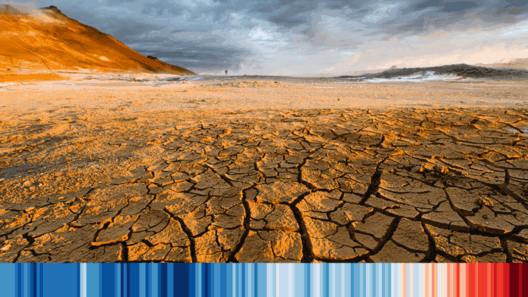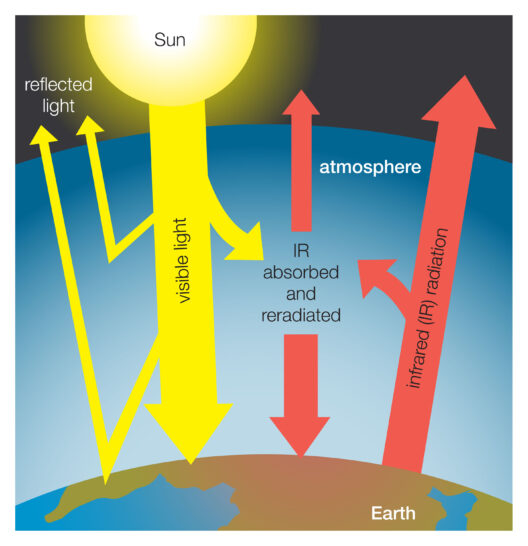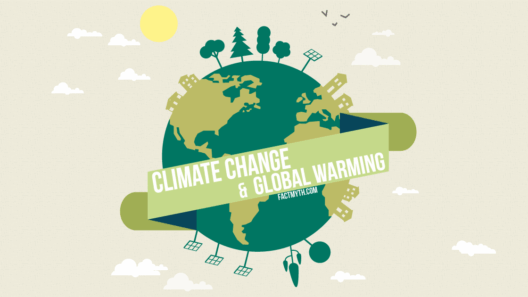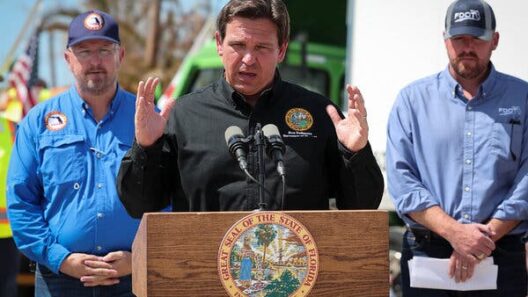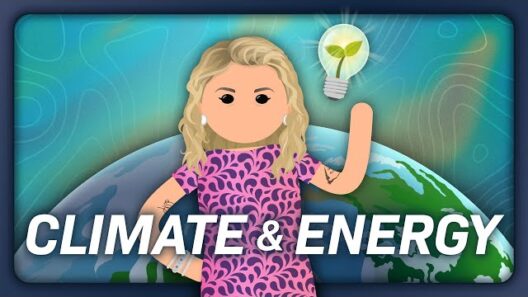The discourse surrounding climate change often resembles a tempestuous sea, rife with opposing currents and tempestuous waves of misinformation. A frequent rallying cry from skeptics is the contentious assertion that climate change is a hoax. This article seeks to navigate these turbulent waters, separating fact from fiction, and illuminate the veracity of climate science while debunking prevalent myths.
In an era inundated with information, the challenge lies in discerning the reliable from the dubious. The dialogue surrounding climate change is undeniably complex, yet it is undergirded by a robust scientific consensus. The preponderance of evidence indicates that human activities, particularly the combustion of fossil fuels and deforestation, have significantly contributed to climatic shifts. To address the rhetoric that frames climate change as a mere illusion, we must delve into the core reasons that underpin this skepticism.
Embarking on this journey, we find ourselves on a landscape dotted with misconceptions that require thorough examination.
Understanding the Scientific Consensus
One of the most persistent myths is the belief that climate change is a contested scientific issue. In reality, over 97% of climate scientists concur that anthropogenic climate change is not only real but also poses a profound threat to our planet. Peer-reviewed studies consistently reinforce this consensus, much like a chorus of voices raised in unison, each harmonizing to elucidate the dire implications of inaction.
This scientific agreement is founded on meticulous research that spans decades, employing satellites, ice core samples, and climate models to paint a comprehensive picture of our changing environment. It is essential to recognize that science is not a monolithic entity but a dynamic process involving debate, experimentation, and refinement. Thus, dissenting voices, while worthy of consideration, must not overshadow the overwhelming majority that affirm the reality of climate change.
Climate Change and Natural Variability
Another common contention hinges on the notion that climate change is simply an extension of natural variability—an Earth cycle that has existed for eons. While it is true that the climate has historically fluctuated due to natural forces such as volcanic eruptions and solar radiation, the current rate of change is unprecedented in the annals of geologic history.
The analogy of a speeding train can elucidate this phenomenon. Imagine a locomotive barreling down the tracks, driven not by coal but by greenhouse gas emissions. It is no longer a leisurely journey influenced by variable terrain; the acceleration is relentless, and the consequences dire. The Intergovernmental Panel on Climate Change (IPCC) delineates how human-induced factors are propelling this train at an alarming rate. To deny this influence is to ignore the nature of causality, just as one cannot cast aspersions on gravity while feeling the weight of a falling object.
Economic Consequences and Misplaced Priorities
Critics often claim that actions to mitigate climate change are economically detrimental, pitting environmental responsibility against fiscal prosperity. However, this zero-sum perspective falls short of capturing the multifaceted benefits of climate action. Investing in renewable energy technologies, for instance, not only curtails greenhouse gas emissions but also catalyzes job creation, stimulates innovation, and invigorates local economies.
Consider the shift towards solar energy as a beacon of hope. The solar sector has witnessed exponential growth, providing employment opportunities that surpass those offered in traditional energy industries. Thus, framing the battle against climate change as an economic burden fails to acknowledge the enticing prospects of a sustainable future.
Embracing Climate Action as a Moral Imperative
Beyond scientific and economic considerations lies a moral imperative—one that compels us to act not solely for the present but for future generations. The ethical dimensions of climate change reverberate through time, invoking a sense of stewardship for the Earth that transcends individual interests. It is imperative to recognize that the repercussions of inaction disproportionately affect vulnerable populations, manifesting in reduced agricultural yields, intensified natural disasters, and escalating health risks.
By addressing climate change, society can foster equity and ensure that the bounties of our planet’s resources are preserved for those who will inhabit it long after we have departed. Much like the age-old adage, “We do not inherit the earth from our ancestors; we borrow it from our children,” this perspective implores us to reconsider our trajectory prudently.
Conclusion: A Call for Informed Engagement
As we wade through the murky waters of climate change denial, it becomes increasingly evident that embracing informed discourse is paramount. The notion that climate change is a hoax is not simply erroneous; it is perilous in its implications. The challenge lies not in silencing dissent but in fostering understanding and empathy through education.
Proponents of climate action must engage skeptics with patience, armed with verifiable data and compassionate dialogue. Unlike the tempest, the pursuit of truth regarding climate change need not be fraught with discord; instead, it can be an opportunity for unity, as we collectively navigate toward a more sustainable and equitable future. The task at hand is monumental, but it is one rooted in responsibility, optimism, and an unwavering commitment to the health of our planet.



